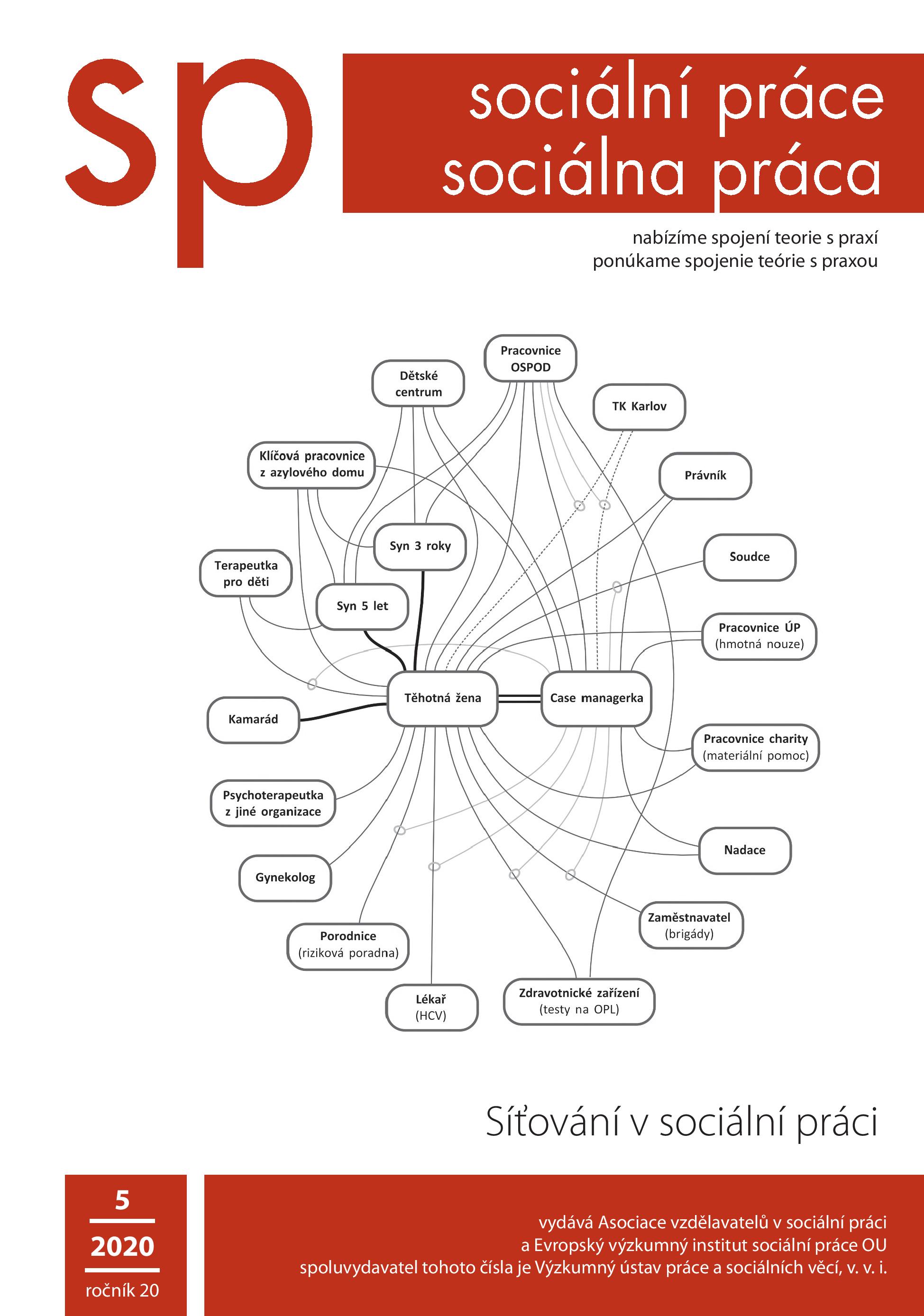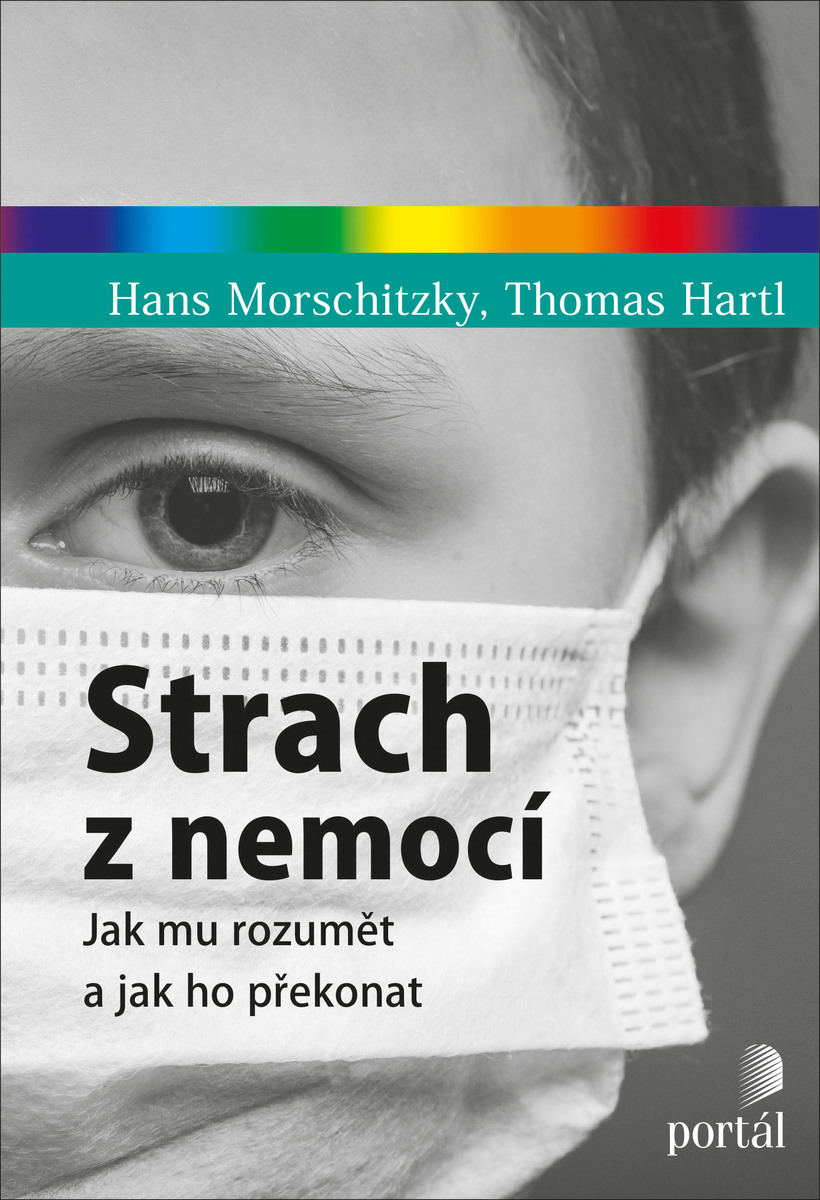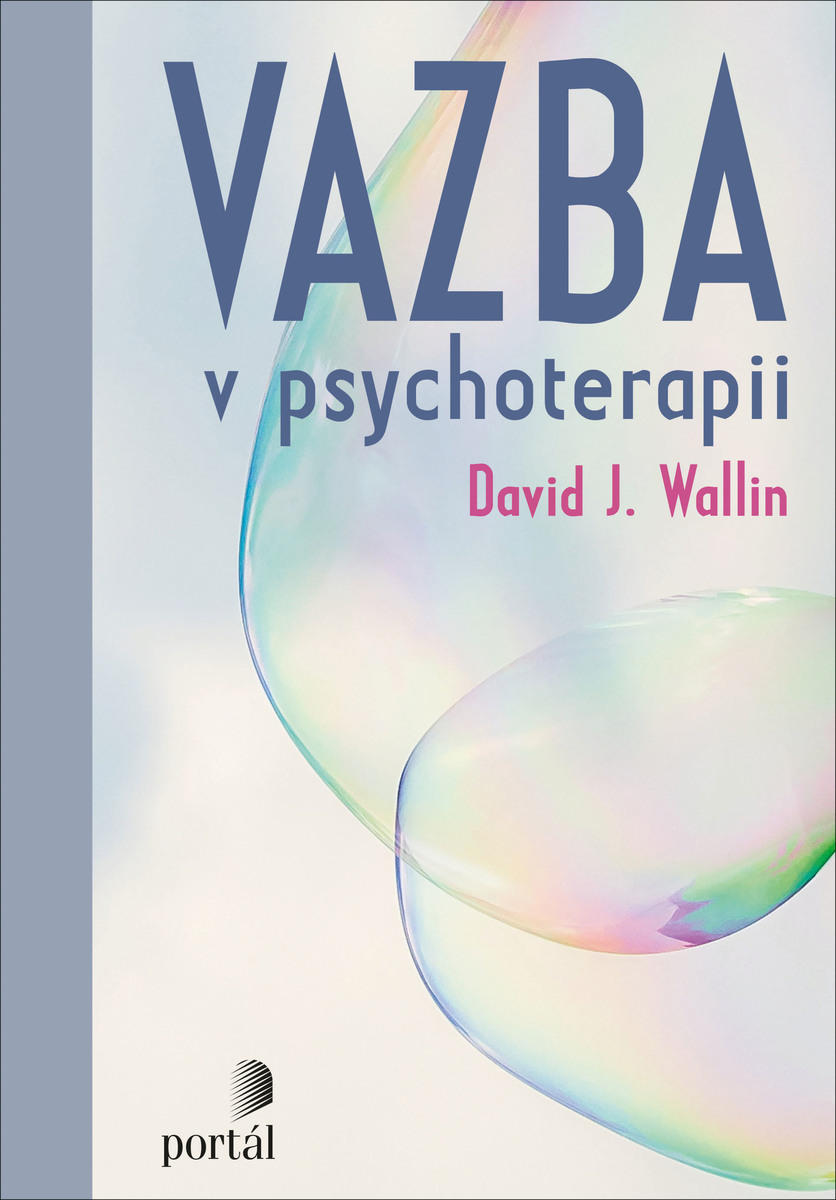
Z redakce
Nové předplatné pro rok 2021 Zemřel doc. PhDr. Pavel Hartl Advent plný dárků a překvapení YouTube kanál časopisu Sekce „Koronavirus v sociální práci“ opět spuštěna Vyšlo číslo 5/2020 „Síťování v sociální práci“
Přednášky on-line

Volná místa
Sociální pracovník (Moravská Třebová) Sociální pracovník / pracovnice (Nymburk) Vedoucí odd. kurátorů pro mládež (Praha) Kontaktní pracovník / pracovnice (Pardubice) Sociální pracovník (Hřebeč – Kladno) Odborný sociální pracovník (Liberec)
Čísla
Archiv čísel » 2019/4 - ERIS Journal - Summer 2019 »
How Can Suicidal Behaviour in the Elderly Be Prevented? A Scoping Review of the Visegrad Group Countries
Miroslava Tokovska, Michal Kozubik, Peter Jusko
Medailon autora:
Abstrakt:
OBJECTIVES: The aim was to explore the tools for suicide prevention which are effective and appropriate in the Visegrad Group countries. THEORETICAL BASE: Suicide is a serious public health issue in Central Europe. In this geographical area, suicide prevention in seniors has not yet been given proper research attention. METHODS: A structured literature search was performed to identify the empirical qualitative and quantitative research articles; the search focused on works published between January 2009 and June 2018. This scoping review reports the findings from 19 qualitative and quantitative studies, four reports by the World Health Organisation, four national statistics from the selected countries. OUTCOMES: Four suicide prevention tools were identified: (1) social media; (2) education by care professionals; (3) early intervention and access to services; and (4) reducing stigma related to mental disorders. IMPLICATIONS FOR SOCIAL WORK: The research examined both specific and broader contexts of the national and strategic prevention plans in the Visegrad Group countries and identified major insufficiencies. It is necessary to improve the level of integration of basic social work research and gerontosociology with clinical practice as a prerequisite for improving the prevention of suicide in seniors.
Klíčová slova:
elderly, suicide, prevention, intervention, Visegrad Group countries INTRODUCTION
s. 19 - 32
Podobné články
 Emancipatory, Relationship-Based and Deliberative Collective Action: The Power of the Small Group in Shifting from Adversity to Hope, Activism and Development
Emancipatory, Relationship-Based and Deliberative Collective Action: The Power of the Small Group in Shifting from Adversity to Hope, Activism and Development Outcomes from a Compassion Training Intervention for Health Care Workers
Outcomes from a Compassion Training Intervention for Health Care Workers New Paradigms in German Health Promotion – (New) Challenges for Social Work
New Paradigms in German Health Promotion – (New) Challenges for Social Work A Social Work Intervention’s Effects on the Improvement of School Culture
A Social Work Intervention’s Effects on the Improvement of School Culture Early Care in the Context of the Czech and Foreign Retrospective and its Current Situation: The Particular Statistics in the Pardubice Region
Early Care in the Context of the Czech and Foreign Retrospective and its Current Situation: The Particular Statistics in the Pardubice Region

Vyhledávání



Debata
Co si myslíte o novém koaličním návrhu na zálohované výživné?
Poslední komentáře:
Nenalezen žádný komentář.Ediční plán
6/2020 – Evaluace v sociální práci 1/2021 – ERIS Journal - Winter 2021 - Forced Migration and Minority Groups 2/2021 – Raná péče a sociální práce 3/2021 – Metody sociální práce 4/2021 – ERIS Journal - Summer 2021 - Histories of social work













